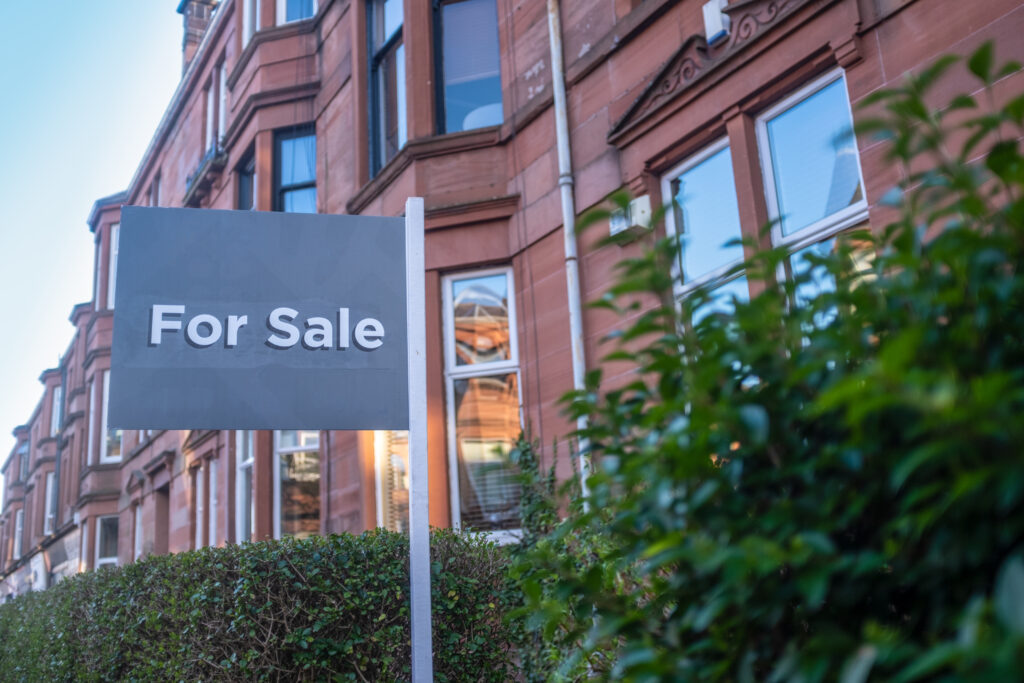
Last month our analysis of the cost of living showed that it was an issue that clearly divided along party lines, with those more concerned about the cost of living, more likely to vote Sinn Féin and those somewhat less concerned more likely to vote for government parties.
Housing on the other hand, unites voters, with very few not believing that serious action is required. Assuming that the cost of living crisis may resolve itself somewhat over the next two to 2 to 2½ years, it is likely that housing will remain the most dominant issue of the next election.
Past polling suggests that the perceived lack of action by the government to resolve the issues surrounding housing in Ireland today, is one of the key factors driving voters towards Sinn Féin. Many voters who are impacted by high rents and difficulty getting on the housing ladder, see the party as potentially having new ideas to solve the problems in housing right now, which they haven’t seen being sorted by those in power for the last number of years.
A combination of the belief that it is time to give a new party the chance to sort out housing and other issues, alongside a strong showing at the Northern Assembly elections, continue to drive up support for Sinn Féin. The party once again breaks records in today’s poll, securing its highest share of the vote ever with 36% first preference support. A gain of 2% points on what was already a record high last month.
If the current government parties are to make any headway at the next general election, they need to be seen to deliver in terms of solving the housing crisis. That is easy enough to say, but much harder to deliver on. Already this year, new home building is at its highest level for many years, but as yet, probably not at the scale that will deliver real change in terms of the cost of rent and the availability of affordable housing.
As such, whilst Sinn Féin continue to rise in the polls, the government parties remain under pressure. Fine Gael, having regained some lost ground last month, drop back again to secure just 20% of the first preference vote. While at the same time, Fianna Fáil also drop back in this poll to just 15% first preference support, continuing a small downward trend in recent months for the party.
So, what can the government do about housing? Clearly building more houses as quickly as possible is the main goal. But there are some things that perhaps could be done to help and at least signal the government’s determination to tackle the current issues. We put a number of possible actions that may help in some small way to ease the housing crisis to voters in this month’s poll. Every one of them garners a majority of support from voters.
Firstly, it’s important to note that the great majority of voters claim they would prefer to see house prices decline, even though this would mean a loss of equity for many. At the same time, almost all voters are keen to see greater support and flexibility for first time buyers.
Almost all (85%) voters would like to see the size of deposit for first time buyers reduced if they can prove their ability to make payments. While at the same time, a similar proportion (82%) want to see first time buyers be allowed to borrow more than 3.5 times their salary, if they can show a history of already paying higher rental payments.
In recent months, stories have appeared suggesting the government is stepping back from introducing a vacant homes tax. If so, this is at odds with what the public want, who are fully behind such a tax. Three in five voters (77%) would like to see a vacant homes tax introduced as soon as possible by the government. And even if, as suggested, the number of truly vacant homes is less than expected, the principle of a vacant homes tax to ensure that people don’t just leave homes vacant to gain value without any useful purpose, appears to be something the public are in favour of.
At the same time, three quarters of voters (76%) do see the need to encourage and support small landlords back into the market, potentially with favourable tax treatment on rental properties in exchange for complying with a rent cap. There is also relatively high support to reduce the impact of short-term letting on rent prices, with two in three (62%) suggesting that there should be an introduction of a ban on short-term letting (such as Airbnb) of entire homes in rent pressure zones.
When we look at support for each of these measures by the party that people plan to vote for at the next election, the variance is quite small. Voters of every party support each of the measures suggested. This near unanimous support for action goes to the heart of how important the housing issue is for everyone in Ireland today. Without clear action on this issue, the government is likely to continue to suffer.
Full report available to download below.
Business Post RED C Opinion Poll Report – May 2022